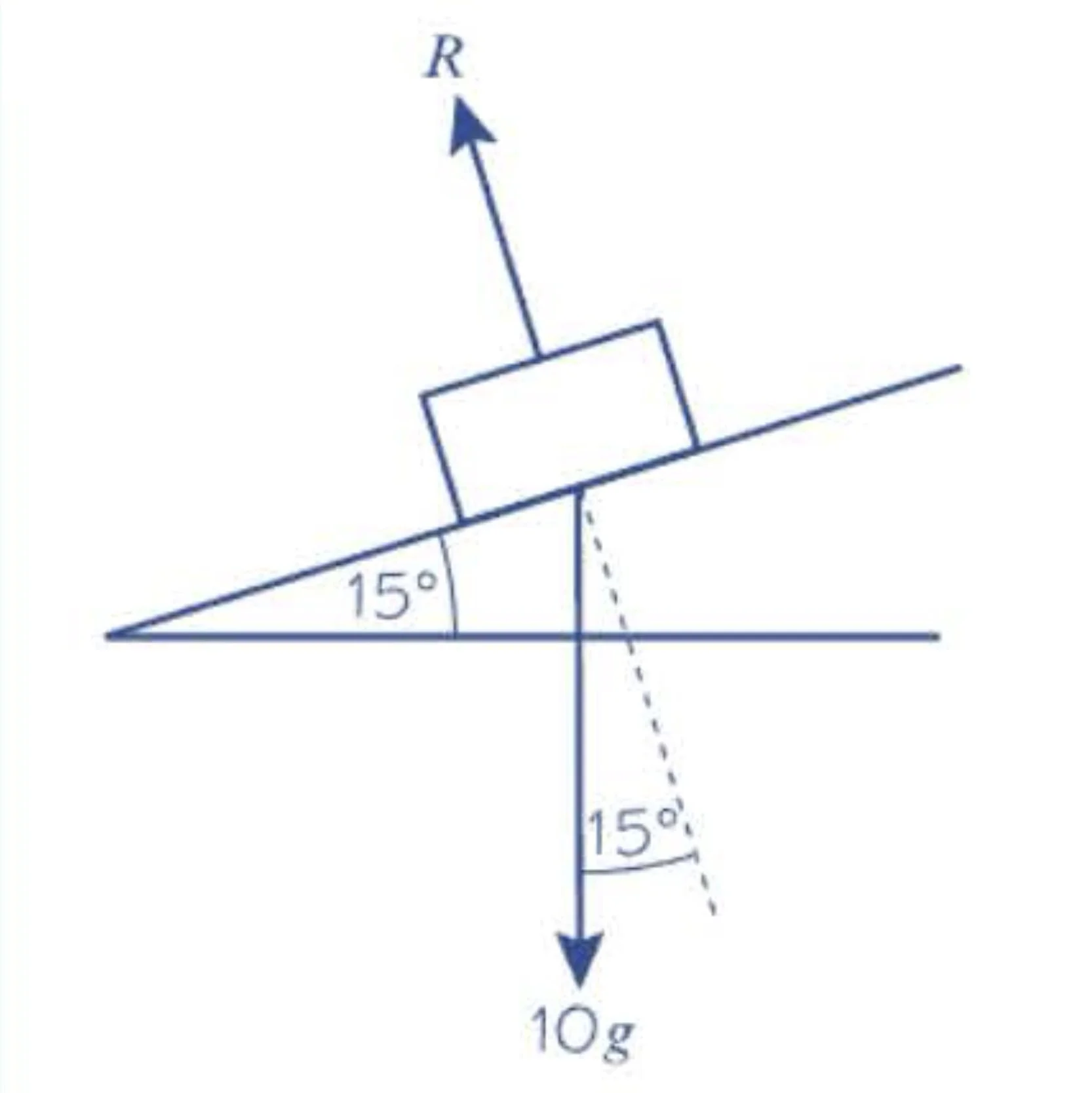Why Every Ambitious Student Should Consider A-Level Maths
Choosing A-level Mathematics is picking one of the most respected and valuable qualifications you can take at this stage. Yes, it’s challenging. Yes, it will stretch you. And yes, you’ll probably meet at least one question in every paper that makes you rethink your life choices.
But here’s the thing: A-level Maths doesn’t just give you advanced mathematical knowledge. It builds a skill set, opens doors, and changes the way you think — in ways that matter far beyond the exam hall.
Here’s why it’s worth your time and effort.
1. It Takes Your Problem-Solving Skills to the Next Level
GCSE Maths teaches you problem-solving, but A-level Maths takes it up several gears. You’ll tackle problems where the method isn’t obvious, where you need to combine multiple topics, and where there’s more than one way to reach an answer.
Example from A-Level Maths:
A mechanics problem might ask you to work out the acceleration on a block of mass 10kg sliding down a smooth slope angled at 15 degrees to the horizontal.
To solve it, you might need to:
Draw a force diagram (mechanics)
Resolve forces using trigonometry (pure maths)
Apply Newton’s second law (physics + maths)
This type of multi-layered thinking is exactly what engineers, scientists, and analysts do in the real world — breaking down complex situations into manageable parts and finding a logical solution.
2. It’s a Gateway to High-Demand Degrees
Many of the most competitive and rewarding university courses require A-level Maths as an entry ticket. These include:
Engineering
Physics
Computer Science
Economics
Mathematics
Actuarial Science
Even for courses that don’t officially require it, having A-level Maths can make your application stronger and demonstrate that you can handle quantitative work.
Example:
Economics at top universities often asks for at least A-level Maths, because you’ll be working with statistics, algebra, and calculus in your first year. Without it, you’d be playing catch-up from day one.
3. Career Advantage in a Data-Driven World
Employers love maths because it proves you can think logically, analyse data, and solve problems — skills that cut across industries. From finance to healthcare, tech to law, almost every sector now needs people who can:
Interpret data
Build models
Check the accuracy of information
See patterns others miss
Example from A-Level Maths:
In statistics, you might use hypothesis testing to decide whether a new medicine is effective. That’s the same principle used in clinical trials and market research — skills directly transferable to careers in data science, pharmaceuticals, and business analysis.
4. Preparation for STEM & Technical Roles
If you’re heading into STEM (Science, Technology, Engineering, Maths) or technical careers, A-level Maths isn’t just helpful — it’s essential.
Example from A-Level Maths:
Calculus is used in physics to describe motion, in engineering to design bridges, and in biology to model population growth.
Differential equations appear in climate modelling, electrical engineering, and even epidemiology.
By mastering these topics at A-level, you’re laying the foundation for degree-level STEM study and real-world technical problem-solving.
5. Sharper Numerical & Data Literacy
The more advanced content in A-level Maths boosts your ability to work with numbers and data in ways GCSE never could.
Example:
When you learn about regression analysis in statistics, you’re doing the same kind of modelling companies use to predict sales trends, sports analysts use to forecast player performance, and environmental scientists use to project climate change effects.
This is a skill that’s becoming more valuable every year as data becomes the currency of modern decision-making.
6. Transferable Skills That Go Beyond Maths
Even if you never plan to work in a maths-heavy field, A-level Maths gives you skills you can carry anywhere:
Precision: One misplaced minus sign can throw out a whole problem — a habit of accuracy that’s valuable in law, coding, and finance.
Critical thinking: You learn to question assumptions and check if your solution makes sense.
Time management: A-level questions are longer and more involved, so you learn to plan your approach under time pressure.
Resilience: Some problems will feel impossible — until you keep working and crack them.
Example:
Solving a tricky integration problem in pure maths builds the same persistence you need when debugging a program, drafting a legal argument, or editing a research paper.
7. Higher Earning Potential
While no qualification guarantees a high salary, research shows students with A-level Maths often go into careers with higher-than-average earnings. This is partly because:
It qualifies you for high-paying fields like engineering, IT, and finance.
Employers see it as a mark of strong analytical skills
8. Standing Out from the Crowd
A-level Maths is considered one of the most demanding A-levels. Completing it successfully signals to universities and employers that you have:
Academic strength
Mental discipline
A willingness to take on challenges
It can make your UCAS application more competitive — especially if you’re applying to a course with lots of applicants and limited places.
Final Thoughts
A-level Maths isn’t just an academic hurdle. It’s a toolbox of skills, a passport to opportunities, and a training ground for your brain. Whether you’re headed for university, a high-level apprenticeship, or straight into the world of work, it’s one of the smartest choices you can make at 16–18.
So the next time you’re deep in an integration question or wrestling with a mechanics diagram, remember: you’re not just learning maths — you’re building the mindset and skills that will help you for years to come.



